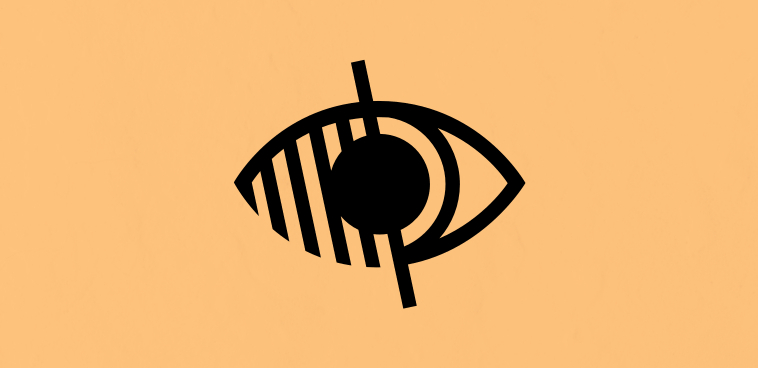“It is vital to recognize that bias is generated reflexively by the brain, and masquerades as reality. As a distortion, bias blocks our access to the present reality. When our biases are in charge, we are on automatic pilot and unaware of the uniqueness of the present moment and other people.”
So concludes a summary newsletter article on the topic of bias produced by the Institute of Coaching. Direct and straightforward, the above statement gets to the heart of the matter. Bias is within us, and so much so we often do not recognize it because it distorts our reality.
Fortunately, as this report, which is based upon research by scientist Jennifer Eberhardt and the book “Sway” by Pragya Agarwal, asserts that bias is not terminal. “Bias can then be deconstructed over time through new social experiences: positive examples and role models, and positive experiences and relationships with out-group members.”
Wide-ranging ill effects
The effect of discrimination is insidious and corrosive. Those in the “out-group” experience the following effects that are emotionally, physically and spiritually degrading. As noted in the report, these negative factors include:
- Being slighted — feeling invisible, not treated respectfully as individuals, being quickly judged and categorized.
- Lacking a sense of belonging and inclusion, reducing self-esteem and connection
- Fearing discrimination, which leads to stress, anxiety and self-consciousness
- Impaired cognitive processing and performance caused by stress, reducing competence and confidence
- Inflammation and chronic disease — both physical and mental illness – brought on by chronic stress, causing physical suffering and shorter lifespans
- Internalizing bias so that it becomes self-fulfilling
Overcoming bias
Ridding oneself of bias takes diligence and effort. Jonathan Swift, the 18th-century Anglo-Irish satirist, captured today’s dilemma perfectly: “Reasoning will never make a Man correct an ill Opinion, which by Reasoning he never acquired.”
First, you need to recognize that bias is part of the human condition. We are attuned to what we know, and when we encounter individuals and cultures different from our own, we make judgments. We are acting on bias.
Practical steps to mitigating bias include the willingness to confront it through reflection as well as education. Reflect upon what you know and what you don’t know. Consider how you have acted with bias in the past and how that bias may have harmed others.
Most importantly, recognize that bias hurts the self, too. Living within a cocoon of assumptions is limiting and short-sighted. Discrimination erodes an individual’s ability to separate fact from fiction. A closed mind leads to a closed heart.
Eliminating bias also requires courage. If you have always assumed about people based upon what you think is true, but in reality, it is not, you must confront the fact that you have been wrong. Admitting a mistake takes guts, especially if you have been overt in your misperceptions.
Change begins within each of us. Our challenge is to be the example we wish to become. That is, consider how you can listen more carefully, read more broadly, think before you speak, and, most importantly, avoid the “not me” syndrome. Each of us has biases. Failure to recognize them is a weakness. Resolving to overcome them makes us stronger.
In her memoir, “Becoming,” former first lady Michelle Obama wrote:
“Let’s invite one another in. Maybe then we can begin to fear less, to make fewer wrong assumptions, to let go of the biases and stereotypes that unnecessarily divide us. Maybe we can better embrace the ways we are the same. It’s not about being perfect. It’s not about where you get yourself in the end. There’s power in allowing yourself to be known and heard, in owning your unique story, in using your authentic voice. And there’s grace in being willing to know and hear others. This, for me, is how we become.”
History is full of people who have confronted their own bias and, in doing so, they came to a greater sense of themselves. It gave them confidence in their abilities to build a better culture for all of us.
John Baldoni is a globally recognized executive coach and leadership educator. Inc.com ranked John a Top 50 Leadership Expert and Top 100 leadership speaker. Trust Across America awarded John its Lifetime Achievement award for Trust and Global Gurus ranked him No. 9 on its list of Top 30 leadership experts. John is the author of 14 books, including GRACE: A Leader’s Guide to a Better Us.
If you enjoyed this article, sign up for SmartBrief’s free e-mails on business leadership and HR, among more than 200 other free industry-focused newsletters.
